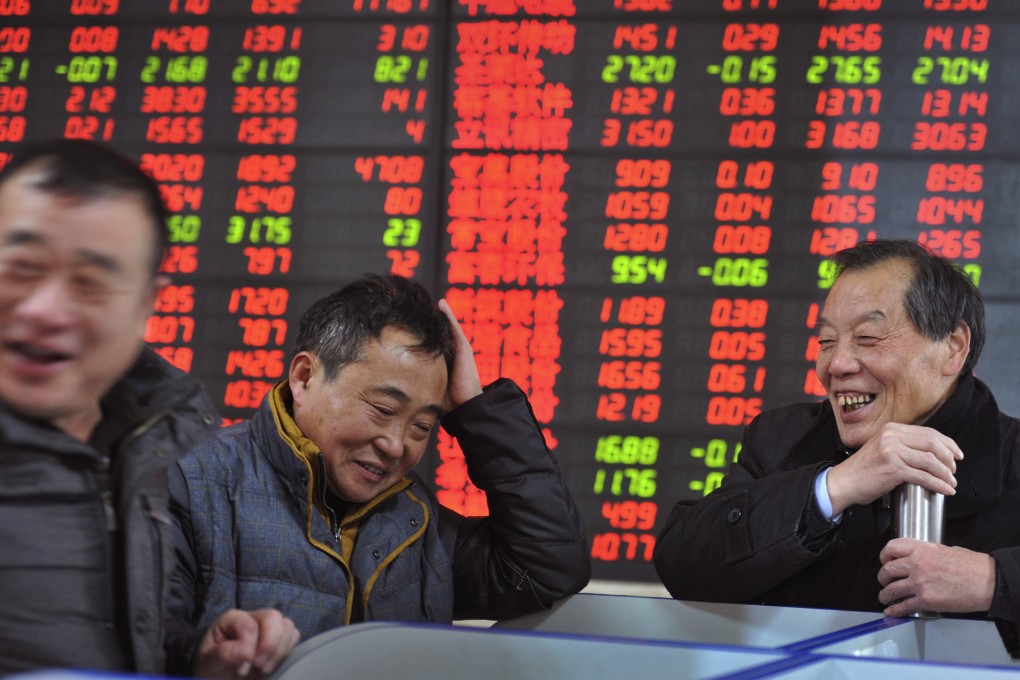Opinion | China's crazy bull market needs to be tamed
Hu Shuli warns of the dangers of the current A-share surge, and calls on Beijing to speed up changes to safeguard rational behaviour

Chinese leaders' pledge, at last week's Central Economic Work Conference, to strengthen risk control could not be more timely, given the frenzied exuberance in the stock market.
In a statement released after three days of meetings, leaders took note of the "variety of hidden risks" that had emerged alongside the economic slowdown. "The risks can be managed on the whole, but eradicating all of them might take a long time," they said. "We should treat both the symptoms and root causes, and find suitable remedies to the problems."
Regulators have pledged to closely monitor the development of financial and economic risks and, where needed, to deploy firm and targeted measures in response.
No doubt the prevention of systemic risks is high on decision-makers' agenda. And that must include averting the dangers of a "crazy bull" market.
For several months now, the stock market has been enjoying a rally it has not seen since 2009, in terms of both price and volume transaction. A stock rally is part and parcel of a capital market's healthy development. It is to be welcomed, particularly as China's stock market has long struggled to raise the funds needed to improve corporate governance.
However, a bull market should be an accurate reflection of investor expectations of future growth. That's not the case here. The price-to-earnings ratios for the stock of some small companies are already too high, while the high turnovers in the markets for coal, steel and non-ferrous metal have raised the eyebrows of some market insiders. Investor behaviour is becoming increasingly irrational.
All kinds of theories have been offered to explain the current rally: it's a revaluation; a consequence of reforms finally biting; even a result of Sino-US competition. One extreme but familiar view is that the Chinese stock market is so special that prices need no support from a company's fundamentals. Faced with such confused thinking, it's hard to agree with the simple-minded analysis that the Chinese stock market is poised to enter a golden decade. Instead, we argue that no healthy development can be possible without reforms.

